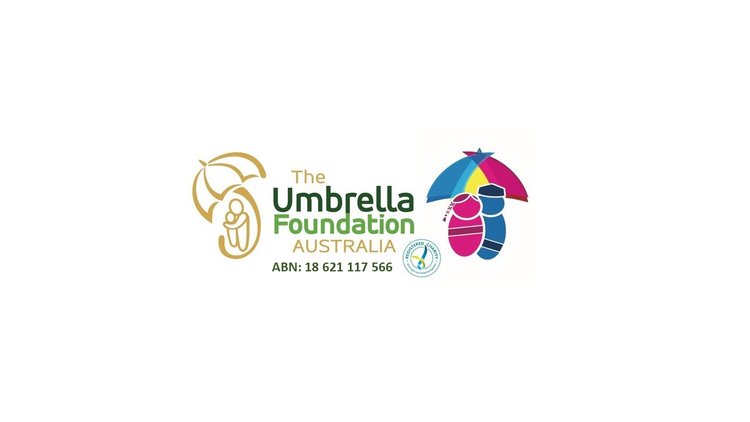The Global Fairness Initiative (GFI) promotes a more equitable, sustainable approach to economic development for the world’s working poor by advancing fair wages, equal access to markets, and balanced public policy to generate opportunity and end the cycle of poverty.
Since 2002, GFI has partnered with hundreds of marginalized working communities across the world to enhance economic opportunities and build sustain able livelihoods.
We believe that: Solutions should be rooted within the economy The poor, especially women, have the potential to solve their own problems Government and private sector participation is essential for a solution to be sustainable Economic based solutions must include the conditions for Decent Work Success is more likely when multiple stakeholders—the government, private sector, nonprofits, and working poor—are engaged throughout the project
The Global Fairness Initiative’s office in Nepal (GFI/ Nepal) is applying these core values to transform the brick sector through two complementary and interlinked programs, Better Brick-Nepal and the Bridge Schools Program.
The Bridge Schools Program focuses on eliminating child labor at Better Brick-Nepal partner kilns. Through the support of the Banyan Tree Foundation, this program ensures that all kiln children have a safe space to play and learn, either through school linkages or early childcare and education centers. It enlists kiln owners in making lasting commitments to the welfare of working families, helping to end the cycle of poverty
Assisting Government to Integrate Migrant Children of brick workers can end up working in part because they slip through the cracks of the education system. GFI/Nepal designed the Bridge Schools Program as an important component of keeping children away from work. But in the long run, the goal is for the Government of Nepal to find effective ways to include this population within the educational system, keeping them in school and away from labor even if they continue to migrate seasonally with often illiterate parents from deeply disadvantaged communities.
GFI/Nepal has Memoranda of Understanding with two governmental entities, the Central Child Welfare Board (CCWB) and Department of Education (DOE), to ensure close collaboration and synchronize our work with government priorities and initiatives.
GFI/Nepal is committed to working with the CCWB to eradicate child labor from the brick industry by strengthening the reach of existing initiatives for child protection, and assisting the DOE to incorporate migrant and transient children into their policies for the deepest long-term impact.
For instance, the DOE partners with GFI/Nepal in helping migrant children transition back to their home school through a certificate that confirms their ongoing enrollment status and performance on exams during the brick season.
Representatives of the DOE also visited partner kilns to learn about challenges facing migrant workers’ children and engaged with GFI/Nepal on how the government can address the needs of this population through the policy framework, teacher training,
provision of materials, and effective data capturing. As a result, it was agreed that teachers at Bridge Schools, who are hired jointly by the program and the individual kiln owners, will be included with government teachers in relevant trainings on classroom management, improvisation with local materials, and early childhood education.
Through its work with GFI/Nepal, the government is being assisted in achieving its goals of ending child labor in a historically intransigent sector. It is also starting to address the unique needs of transient children who migrate seasonally with their families and stem the resulting educational marginalization that can trap families in lifelong poverty.
Global Fairness Initiative Report 2016-2017



